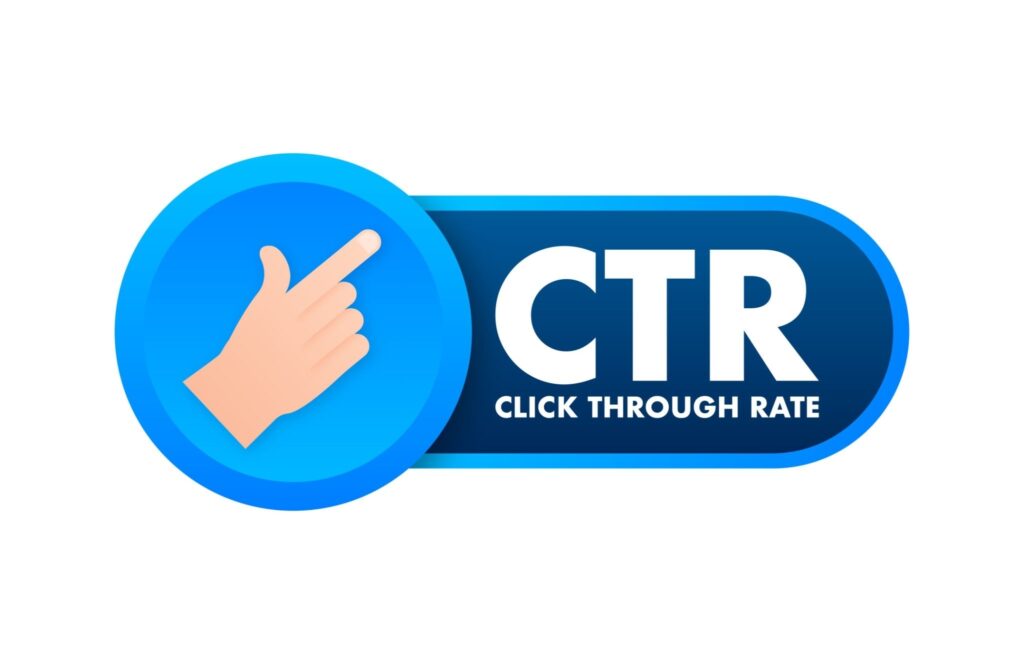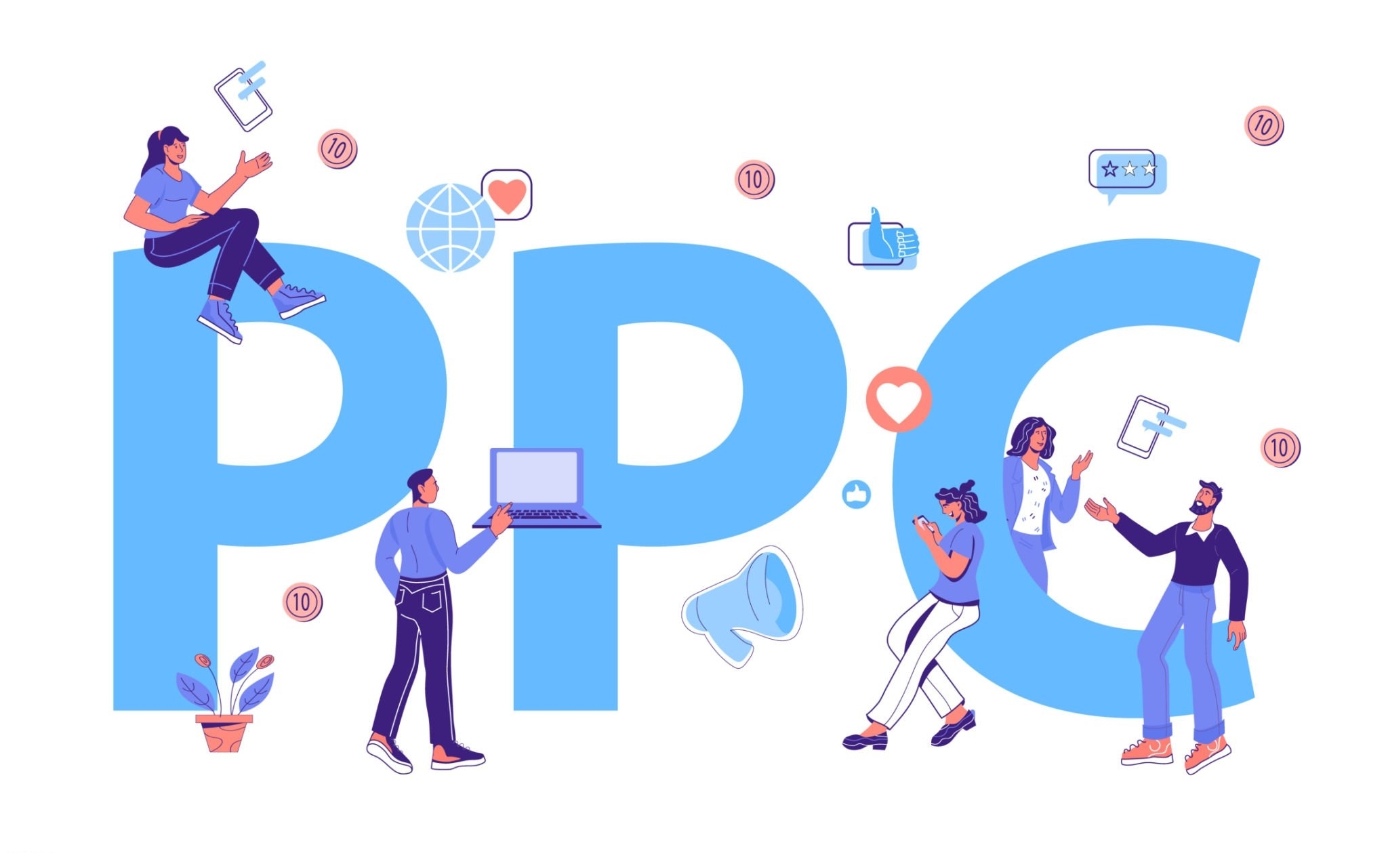Introduction
In the world of digital advertising, Pay-Per-Click (PPC) campaigns are invaluable tools for driving traffic, conversions, and revenue. However, not all PPC campaigns are destined for success. In fact, one of the critical aspects of running PPC campaigns is conducting tests to assess their effectiveness. But what happens when your PPC test doesn’t yield the expected results? How do you determine if it’s a failure, and what steps should you take to learn from it? In this blog, we’ll explore how to understand if a PPC test is a failure and how to turn it into a valuable learning experience.
1. Define Clear Objectives
The first step in understanding if a PPC test has failed is to ensure you’ve defined clear objectives from the outset. Before running any test, establish what you hope to achieve and set specific, measurable, and realistic goals. These objectives could vary depending on your campaign, but they might include increasing click-through rates (CTR), improving conversion rates, or lowering the cost per acquisition (CPA).
2. Benchmark Against Historical Data
To assess the success or failure of a PPC test, it’s crucial to have historical data to compare against. Your historical data acts as a baseline against which you can measure the performance of your test. If your test results show a significant deviation from the historical average in a negative direction, it may indicate a potential failure.
3. Analyze Key Performance Metrics
Dig deep into your campaign’s key performance metrics. Look beyond just the click-through rate (CTR) and conversion rate; consider factors like cost per click (CPC), impression share, and return on ad spend (ROAS). If these metrics consistently underperform compared to your historical data or industry benchmarks, it’s a strong indicator that the test didn’t produce the desired results.
4. Monitor Ad Spend and Budget Utilization
Budget management is a crucial aspect of PPC campaigns. If you notice that your test campaign is consistently overspending without delivering proportional results, it might be a sign of failure. Monitor your budget utilization closely to ensure it aligns with your goals and expectations.
5. Assess Ad Copy and Creatives
Your ad copy and creatives play a pivotal role in the success of a PPC campaign. If your test involves changes to ad text, images, or landing pages, pay close attention to how these alterations impact performance. A drop in ad relevance or engagement metrics could indicate a failure in this aspect of the test.
6. Consider the Testing Period
The duration of your PPC test is a crucial factor in determining success or failure. Tests conducted over too short a period may not yield conclusive results, while overly extended tests can lead to misleading data due to seasonality or changing market conditions. Ensure your testing period is sufficient to gather meaningful insights but not so long that it becomes impractical or costly.

7. Account for External Factors
Sometimes, external factors beyond your control can influence the outcome of a PPC test. These factors could include changes in market trends, shifts in customer behavior, or even unexpected events like a pandemic. While it’s essential to consider these factors, they shouldn’t serve as excuses for poor performance. Instead, use them as additional context to understand the test results better.
8. A/B Testing and Statistical Significance
When conducting A/B tests or split tests, it’s vital to determine statistical significance. This ensures that the observed differences in performance are not due to random chance. Tools and statistical tests can help you determine if the changes in your PPC test are statistically significant. If not, it might not be a failure; it could be that the results are inconclusive.
9. Seek Expert Input
PPC campaigns can be complex, and understanding why a test may have failed might require expert insights. Consider consulting with PPC specialists or agencies who have experience in analyzing campaign performance. They can provide a fresh perspective and help pinpoint areas of improvement.
10. Iterate and Optimize
Failure in PPC testing is not the end; it’s an opportunity for improvement. Instead of viewing it negatively, approach it as a learning experience. Analyze what went wrong, identify the specific aspects that underperformed, and use this knowledge to iterate and optimize future campaigns. Failure can be a powerful catalyst for growth when leveraged correctly.
11. Implement Changes Gradually
If a test didn’t yield the desired results, avoid making sweeping changes immediately. Gradual adjustments can help you isolate the specific elements that need improvement. Implement changes one at a time, closely monitoring the impact of each adjustment to identify what works and what doesn’t.
12. Document Lessons Learned
One of the most valuable aspects of a PPC test, even if it appears to be a failure, is the knowledge gained. Document the lessons learned, both about what didn’t work and about your testing process. This documentation can serve as a valuable resource for future campaigns and prevent you from repeating the same mistakes.
Conclusion
In the realm of PPC advertising, understanding whether a test is a failure or not is a crucial aspect of campaign management. It’s essential to establish clear objectives, analyze key performance metrics, consider external factors, and seek expert input when needed. Remember that failure in PPC testing is not the end; it’s an opportunity to learn and improve your campaigns. By carefully evaluating test results and implementing changes strategically, you can turn failures into stepping stones toward more successful PPC campaigns in the future.





